Doing an ant PostDoc: Anindita Brahma
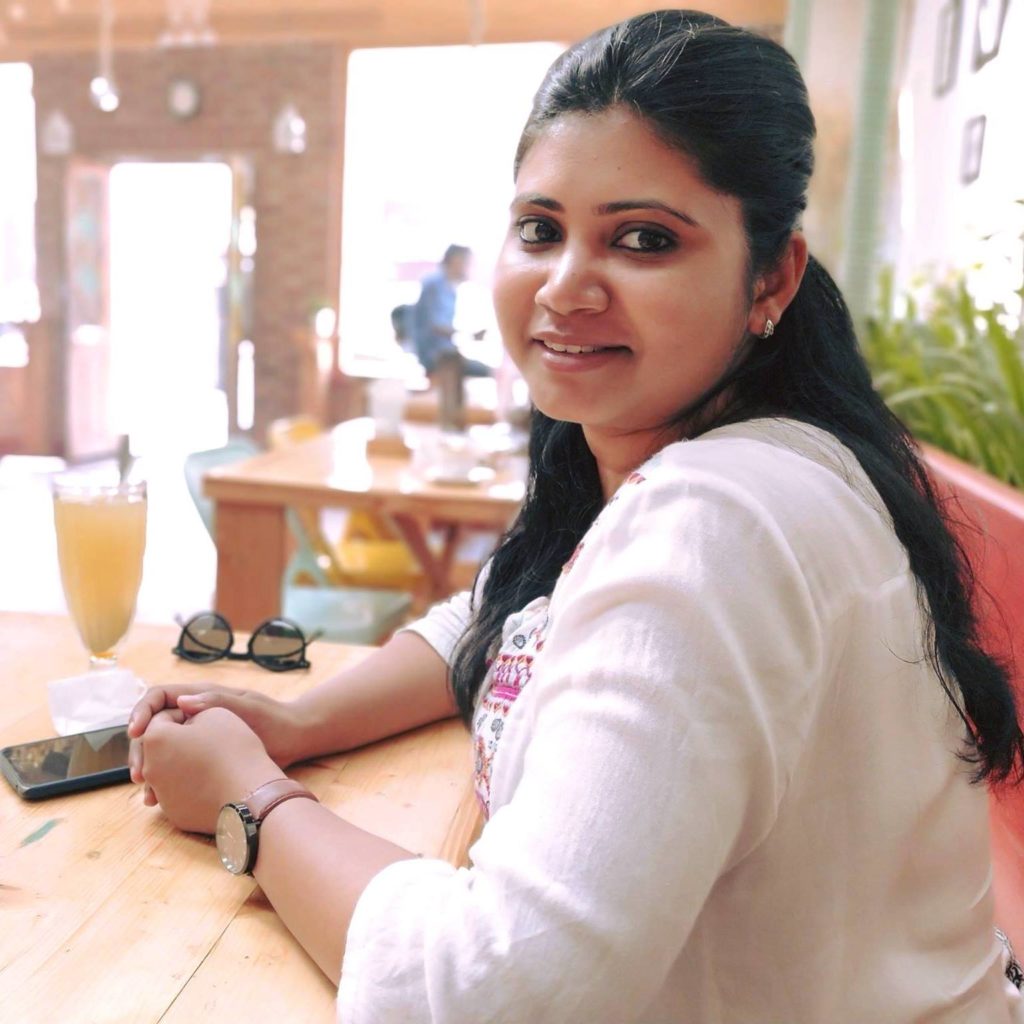
Anindita Brahma was born and brought up in Calcutta (now known as Kolkata), India. She was introduced to Zoology at an early age, all thanks to her zoologist uncle. As a kid, she used to love going to various places with him, learn about animals, and some of their peculiar yet fascinating behaviour. Very unsurprisingly, she took Zoology as the major subject for both her bachelor’s and master’s degree! During her master’s degree, she was strongly attracted towards immunology, and was pretty determined to carry forward that passion and do a PhD in immunology. But there was something else in store for her! A book named ‘Survival Strategies’ by Raghavendra Gadagkar jeopardized her plans on becoming an immunologist, and instead she moved cities, came to Bangalore, and started her PhD journey in Gadagkar’s lab on the social behaviour of wasps. And that is how she fell in love with social insects! She studied social wasps for her research, but at the same time she used to go for long walks inside the lush green campus of the Indian Institute of Science to watch bees, ants, spiders, so on and so forth. And to continue her love for social insects, she started a postdoc with Yannick Wurm at the Queen Mary University of London and started her journey into the ant world! Here, Anindita shares why she changed from wasps to ants, what she does to relax, and how she celebrates successes.
An Interview compiled by Patrick Krapf and Stephanie Wendt
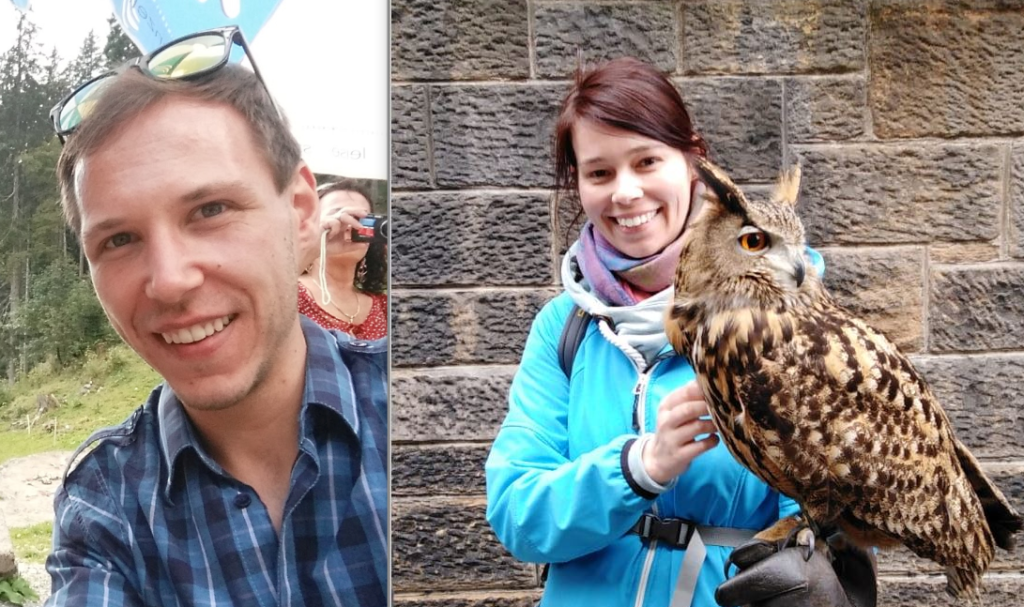
MNB: What is the topic of your PostDoc thesis?
AB: I study the evolution of social organization in ants using a comparative approach.
MNB: Oh wow. And in which year of your PostDoc studies are you now?
AB: I have completed one year in my current ant postdoc. However, previously I did a one-year postdoc on wasps.
MNB: Why ants? Could you elaborate a little bit more on that?
AB: As I have mentioned before, I worked on wasps for my PhD, and though I love them, I wanted to explore other social insects for my research, and I chose ants because at this stage I wanted to experience working with social insects that use legs as a mode of commuting and not wings! And nothing can beat ants in this case! In addition, there are so many different species, and they exhibit striking and awe-inspiring social behaviour, which is a delight for anyone working on behaviour and social evolution.
MNB: How do you feel about field work?
AB: One of the regrets of mine is that I have very less experience in field work. My PhD research did give me the scope of a bit of field work, but I would love to do some field work on ants in future. Field work provides one with a very different kind of challenge and many other unknown parameters. I think the training to face these challenges and continue to work outside of the “lab-conditions” is a must for everyone working in this area of research, and moreover it makes one appreciate the research model systems even more.
MNB: And how about identifying ants using a key?
AB: I think this is like a jigsaw puzzle. Back in my PhD days, I used to have fun in collecting ants and identifying them using a key, all thanks to Thresiamma Varghese, a phenomenal ant-taxonomist at the Indian Institute of Science.
MNB: Do you enjoy working in the wet lab?
AB: Although I have very little (next to none) experience in this, I like the idea of working in the wet lab since it provides a very methodical aspect to a researcher, and makes one appreciate the immense importance of having a thorough and precise protocol.
MNB: That is true. So, maybe you have not, but have you been involved in any of the -omics approaches, and what was your experience?
AB: I am currently working in the field of genomics. I am very new to this field, but I must say that I am constantly awed by the amount of data and analysis tools that are available, and I have slowly started to appreciate the beauty of the -omics approaches. To me, however, the best approach for studying social behaviour (the area of my research interest) is always a mix of natural history, behaviour, and -omics approaches.
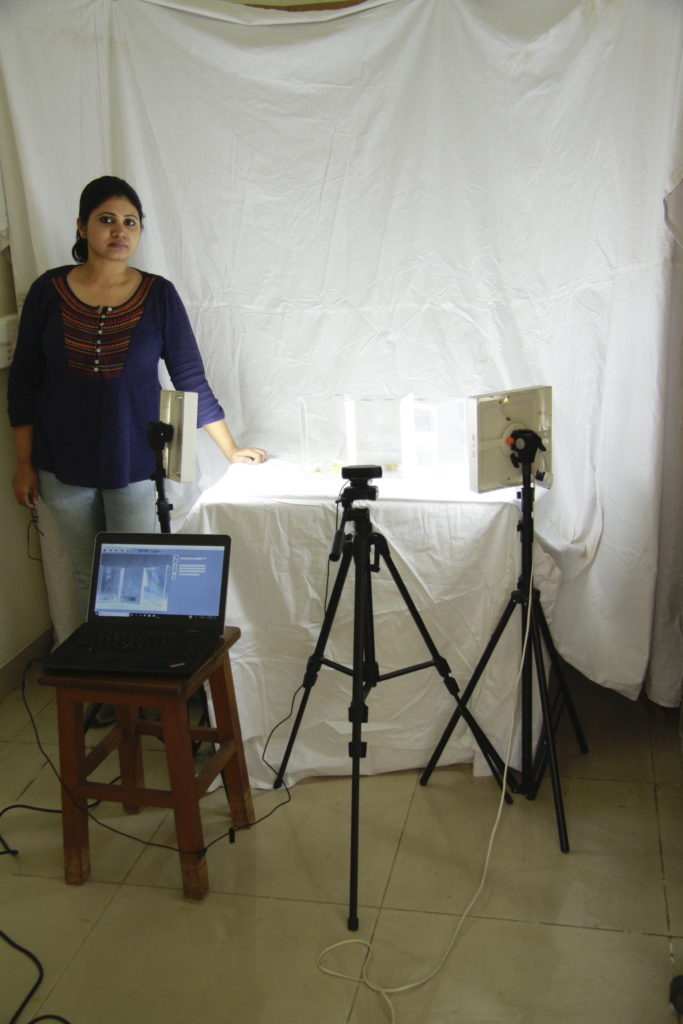
MNB: Wow, so you are in the middle of learning it. And now to your statistical knowledge – did you acquire it in university courses, from your supervisor, or on your own?
AB: I had statistics as a mandatory course-work subject during the first year of my PhD. However, I get a lot of help from my colleagues and supervisor. I have realized that statistics can be best learnt when you have your own dataset and you are familiar with all the parameters, and that is when you find the actual joy in reading up statistical approaches on your own and be ecstatic after discovering an exciting pattern.
MNB: I agree with that. Now slightly different: What is the ideal frequency of meeting your supervisor for discussing your research from your point of view: daily, weekly, monthly?
AB: I would say weekly. However, I must add that until now I have been lucky to have supervisors who always lend an ear whenever I am stuck, and not wait for the scheduled meeting.
MNB: And in an ideal world, is the working group you belong to small or large?
AB: I would say that our group is in the mid-sized category, and in an ideal world, it is a perfect size to know each other and also to take the teamwork to its full potential.
MNB: Do you like discussing ideas or problems with fellow PhD/PostDoc students?
AB: Yes, absolutely. That is the best possible way to brainstorm an idea, find loopholes in any idea, protocol, analysis, and also find possible solutions to fix those loopholes. In fact, I think that not only peers from the same field, but also peers from other fields as well can add interesting perspectives to an idea and take it to a whole new level, something one might not have thought would be possible.
MNB: How many papers do you read in an average week?
AB: I try to read an average of five to six papers a week, excluding those in which I read only the abstract and sometimes part of the results.
MNB: And ideally, is your uni close to your field-work site or in an urban area?
AB: I do not have a field-work site and my university campus is surrounded by concrete jungle, amidst the busy East London area. But a 10-minute walk from the campus would take you to a huge park, where you can fill your lungs with some pure oxygen.
MNB: Have you profited more from attending conferences with narrower or with broader scope?
AB: Conferences with narrower scope have been always profitable for me. I think it lets you make more meaningful connections than conferences with broader scope, which to me are basically oceans of people where I always get lost.
MNB: What is most relevant to you at a conference: attending talks, giving a talk, meeting senior scientists, meeting other students?
AB: Though each of these has its own relevance, if I really have to choose one, I would choose the last one, because that’s how I have made wonderful friends and also had the delight of discussing interesting ideas.
MNB: Did you ever participate in a science slam and if so, would you do it again?
AB: Unfortunately, I have never participated in a science slam, but would like to be part of one in the future.
MNB: If you would get 100,000 Dollars to spend for your research project, what would you do with it?
AB: That would be so amazing! I would like to plan field trips and collect ant species that would not only be useful for my study but other studies in the lab as well. I would like to generate my own sequencing data from samples with parameters controlled by us, and hence would have more confidence on the data used in the analyses.
MNB: I surely understand that.
MNB: And in your spare time – what helps you to relax from work?
AB: I love to read all kinds of fiction and non-fiction, and reading has always helped me to relax. Also, music has played an important role as a part of growing up, and I still find my solace in listening to music and occasionally practicing my music lessons.
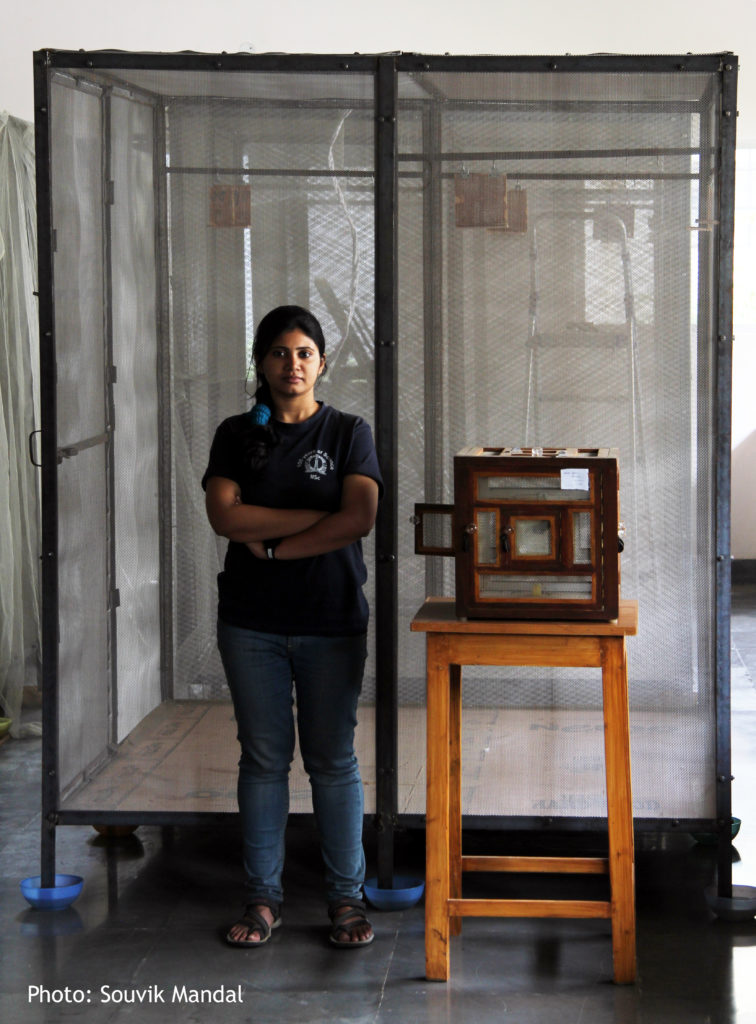
MNB: How do you celebrate successes like getting a paper accepted, a proposal granted, or the like?
AB: The first step is always to congratulate my co-authors and share the joy, in case of a paper, or inform my supervisors and mentors in case other cases. And the next step generally is to go out for a meal with close friends.
MNB: That sounds lovely.
MNB: What is your personal trick to get over periods of low(er) motivation?
AB: Watching inspirational movies based on a biography or true story help me a lot to overcome low-key periods in life. Also, I consider myself very lucky to have an extremely caring support system of friends who have helped me regain confidence and gain motivation in various such occasions.
MNB: And if you could turn back time – what is the one thing you would do differently when starting your PhD thesis again?
AB: I would plan the thesis such as to assign more time to data analysis and writing up than I had actually assigned during my PhD.
MNB: Would you like to stay in science?
AB: Yes, I intend to stay in science, as this is where my true passion lies.
MNB: If you will be supervising PhD students yourself one day, what will be the most important thing you will expect from your students?
AB: The ability to say, “I don’t know” and not be ashamed of it.
MNB: And tying to this – what will be the most important thing you will want to take care of in supervising?
AB: I would like to take good care of our relationship and try to be a support system for my students to open up and speak freely about both science and non-science topics. I myself have the pleasure of having supervisors with similar qualities, and they constantly help me in growing not only as a researcher, but also as a people.
MNB: That sounds great!
MNB: Which other scientists (PostDocs, or PhD students) would you like to see featured in a Myrmecological News interview?
AB: I would like to recommend Souvik Mandal, who is a postdoc working on ant navigation with Venkatesh Murthy at Harvard University, and Vikram Chandra, who is a PhD student working on social evolution in ants with Daniel Kronauer at the Rockefeller University.
MNB: Noted, thanks. 🙂
MNB: Original article or review article?
AB: Original article, though reviews are great as a starting point on any topic!
MNB: Reading or writing?
AB: Reading.
MNB: Writing or reviewing?
AB: Writing, in this case!
MNB: Table or figure?
AB: Figure, but with proper legends and description!
MNB: Web of Science or Google Scholar?
AB: Google Scholar.
MNB: Windows, OS, or Linux?
AB: OS, loving it!
MNB: Command-line or graphical-user interface?
AB: Although a newbie here, but command-line!
MNB: Mouse or touchpad?
AB: Touchpad.
MNB: Facebook or Twitter?
AB: Twitter.
MNB: Bus or bike?
AB: Bus (I can read while travelling!)
MNB: Sun or rain?
AB: Rain.
MNB: Diploid or haploid?
AB: Haplodiploid.
MNB: Sting or acid?
AB: Sting.
MNB: Social parasite or host?
AB: Host.
MNB: Your favourite ant?
AB: I do not and should not differentiate between my ants! 😉
MNB: Thank four for this nice interview!




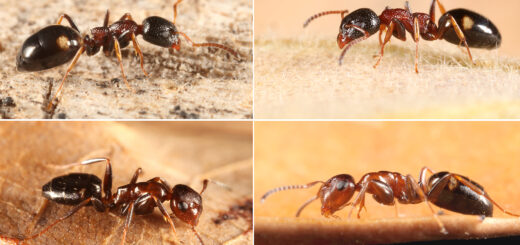
Hi
It felt good to know some unknown facts.
Thanks & regards